A Dance to the Music of Time
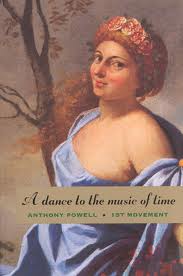 A Dance to the Music of Time by Anthony Powell (1951–75). Powell’s panoramic series of twelve freestanding novels, grouped in four “movements,” charts the careers of four public-school friends from 1921 to 1971 against the backdrop of rapidly changing London.
A Dance to the Music of Time by Anthony Powell (1951–75). Powell’s panoramic series of twelve freestanding novels, grouped in four “movements,” charts the careers of four public-school friends from 1921 to 1971 against the backdrop of rapidly changing London.
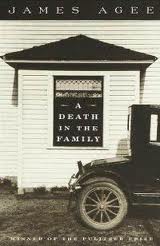 A Death in the Family
A Death in the Family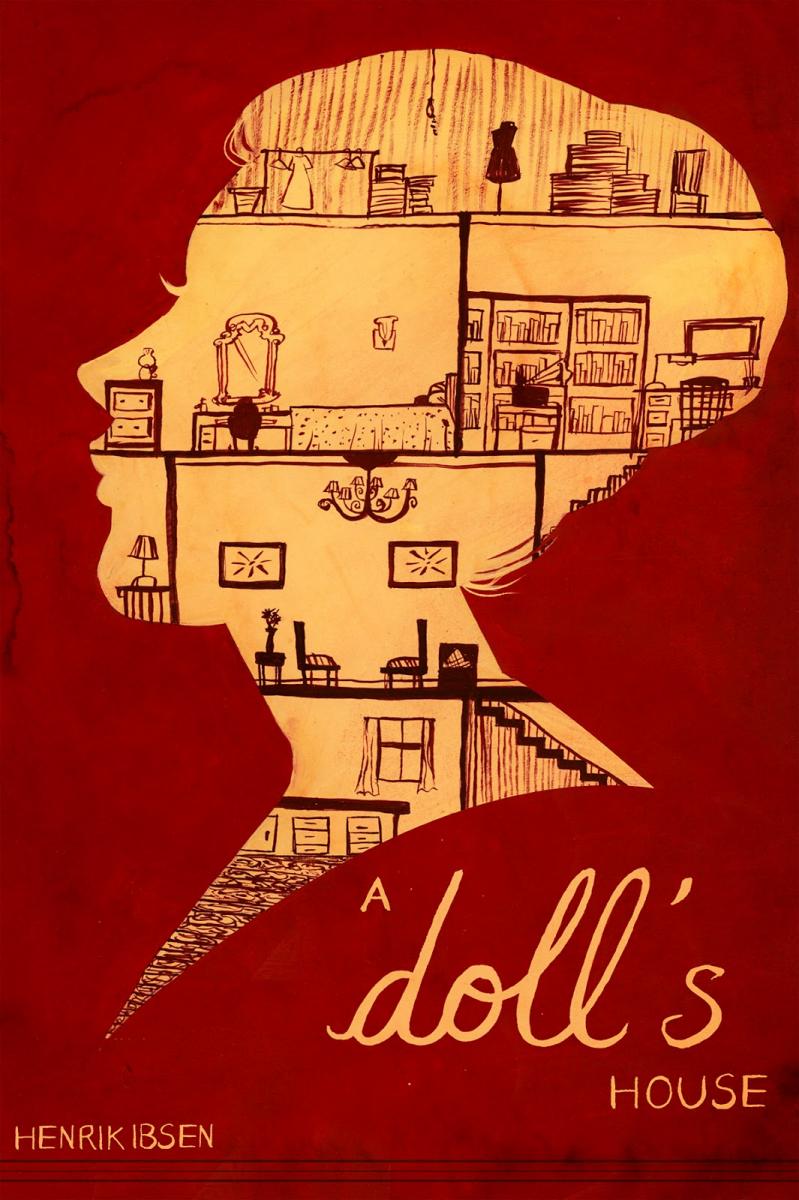 A Doll’s House
A Doll’s House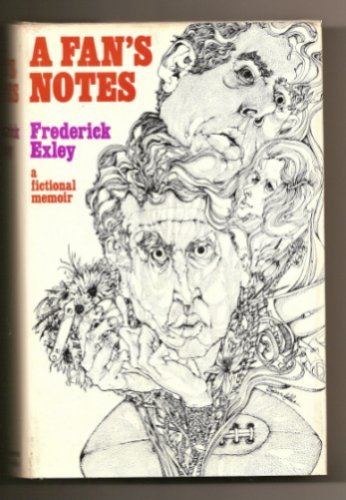 A Fan’s Notes
A Fan’s Notes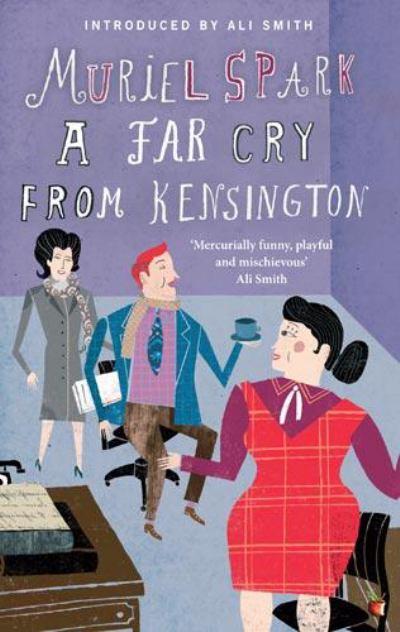
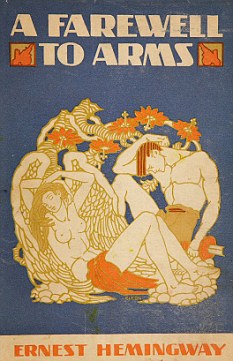 A Farewell to Arms
A Farewell to Arms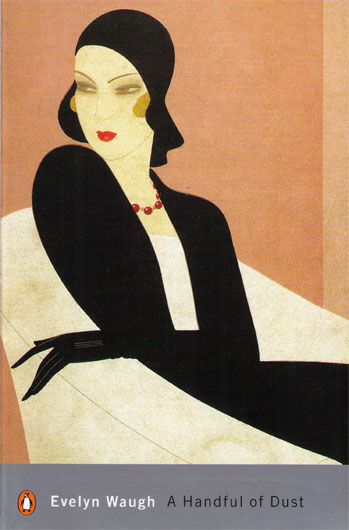
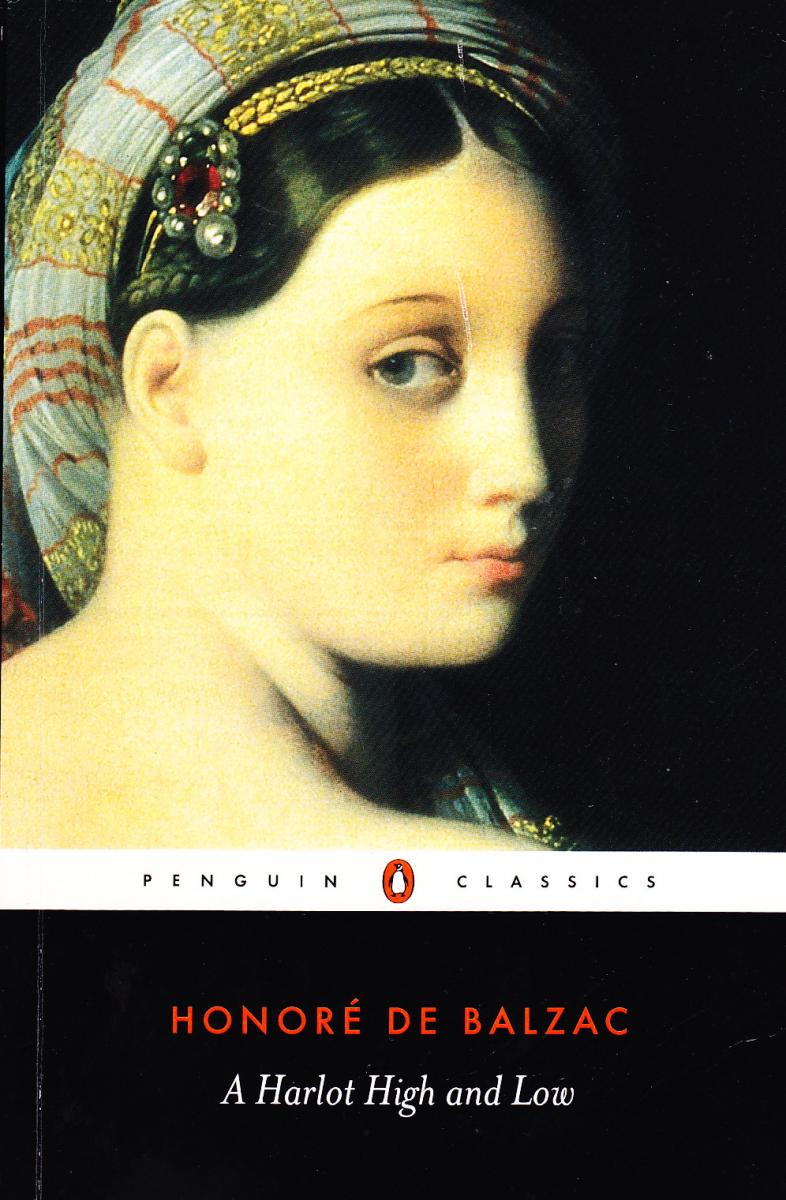 A Harlot High and Low
A Harlot High and Low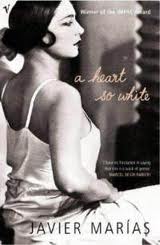 A Heart So White
A Heart So White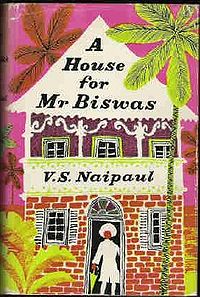 A House for Mr. Biswas
A House for Mr. Biswas